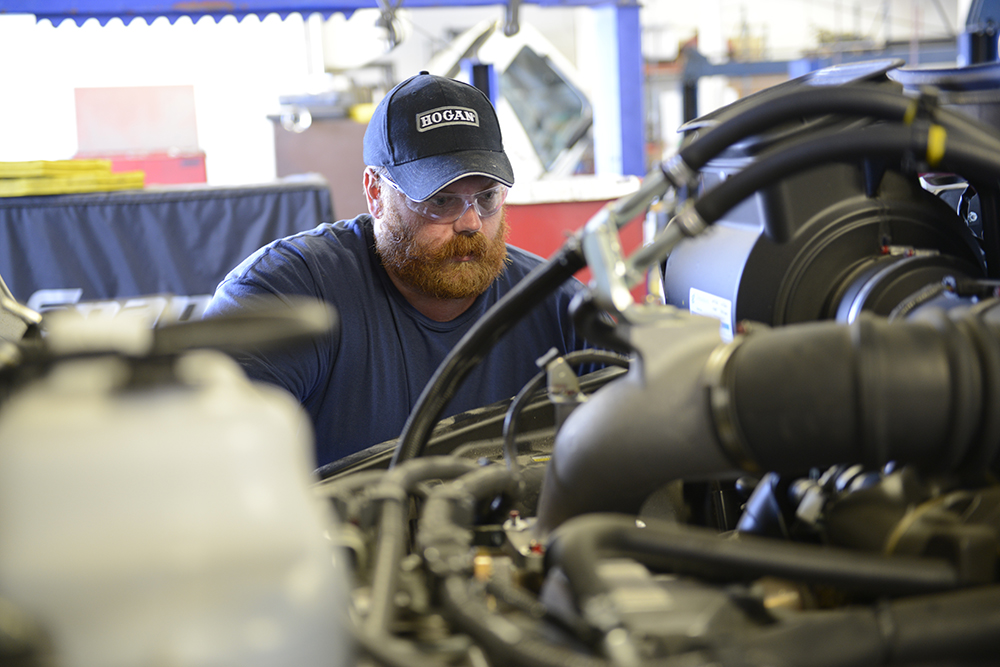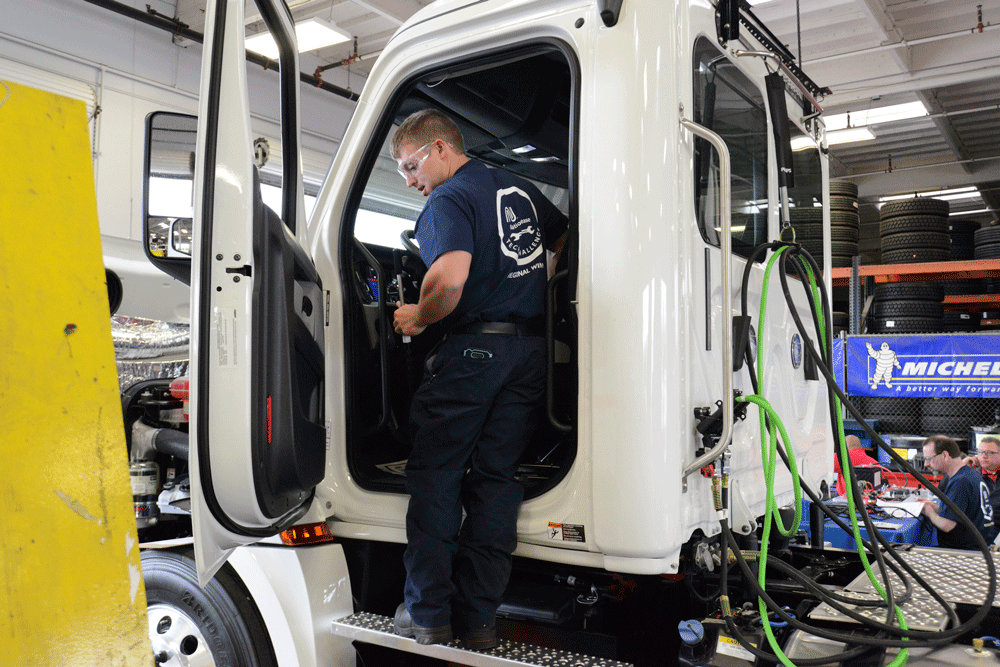For the trucking industry, there are always the ongoing concerns regarding shortages of drivers and technicians. What isn’t discussed as often as it should be is the need for good managers…in every department. During the Great Resignation and beyond, having the right managers in place is the best way to secure loyalty from your employees. A manager can “make or break” a department, but too few organizations spend the time necessary to develop future managers from within their own workforce as well as from the outside.
Earlier this year, I posted a blog in IdeaXchange discussing this challenge. With employment issues still plaguing businesses (especially those with fleets), it seems like a good time to revisit the subject. If you’re not convinced of the value of good managers, this statement from a 2020 Gallup Workplace article explains why top leaders definitely see the need for management development, “Managers have a disproportionate impact on organizational outcomes — they influence at least 70% of your employees’ engagement. And teams that have talented managers realize a 48% increase in profitability, a 22% increase in productivity and a 30% increase in employee engagement scores.”
Not surprisingly, the opposite is true for bad management. Gallup also notes that, for many employees, the quality of their managers may even outweigh their compensation. According to a survey by the recruitment firm, Robert Half, “People leave managers, not companies. Nearly half of professionals surveyed (49%) have quit a job due to a bad boss.”
Yet, knowing this, companies are woefully behind where they should be in management development programs and initiatives. Every employee in today’s business environment, especially Millennials and Gen Z workers look for advancement and training opportunities when they are making a job decision. Yet, for the 50,000 managers surveyed by Gallup, only a little over one-third felt they had the chance to learn and grow at their respective companies. In addition, 36 percent of those surveyed don’t think they have the necessary training to be the best manager they can be.
Fleet management faces the same issues
Last year, an article on truckinginfo.com addressed this concern specifically among truck fleets. Our ongoing shortages of technicians and drivers are only exacerbated if bad managers result in these valued employees searching for employment elsewhere. Advancements in technology and the potential electrification of fleets increases the necessity for younger talent with the right skillsets. With recruitment being so difficult, fleets that have younger workers would do well trying to promote from within, if possible. There are things that fleets need to do to help ensure they get the best managers possible:
- Define exactly what the job is. That sounds simple but once you start to enumerate the requirements, skills and expected outcomes, this simple description becomes increasingly complex. Be as detailed as possible. The worst-case scenario would be putting someone in a management position that is markedly different than the one described. That could mean ending up with a bad manager or no manager at all.
- Identify the employees who have the ability to lead. Not everyone is management material. Even the most talented employee may not be able to relate well with, or inspire, others. So, when looking internally, have detailed interviews with candidates to assess their aspirations and ideas as well as providing your own. Screen those from within your organization as sharply as you would an outsider.
- Make the training fit the job. Make sure potential managers are provided with the training necessary to achieve the outcomes you expect. Not providing the correct training and information can lead to frustration on your new managers, making it impossible for them to do their best. If some skills are missing, make sure to provide the necessary education for those.
- Get managers managing sooner rather than later. Once you’ve identified the right people, give them on-the-job experience as quickly as you can. So whatever training is necessary, get on it right away. As you watch these managers do their job, you will also have the ability to assess what weaknesses or behavior issues exist and work on fixing them.
- Failure is an option. I’ve made this statement in a number of my blogs. That’s because smart and talented people should learn from their mistakes and go on to doing a much better job. But if a manager is afraid to make a mistake, that department will likely not progress as it should.
Our industry keeps changing; no fleet should find itself lacking the talent it needs to answer all challenges and take advantage of all possible opportunities. If you don’t have a management development initiative now, you should definitely do so.
Read my IdeaXchange blog to see how a bad manager can negatively impact the rest of your workforce and how to turn that problem around.




